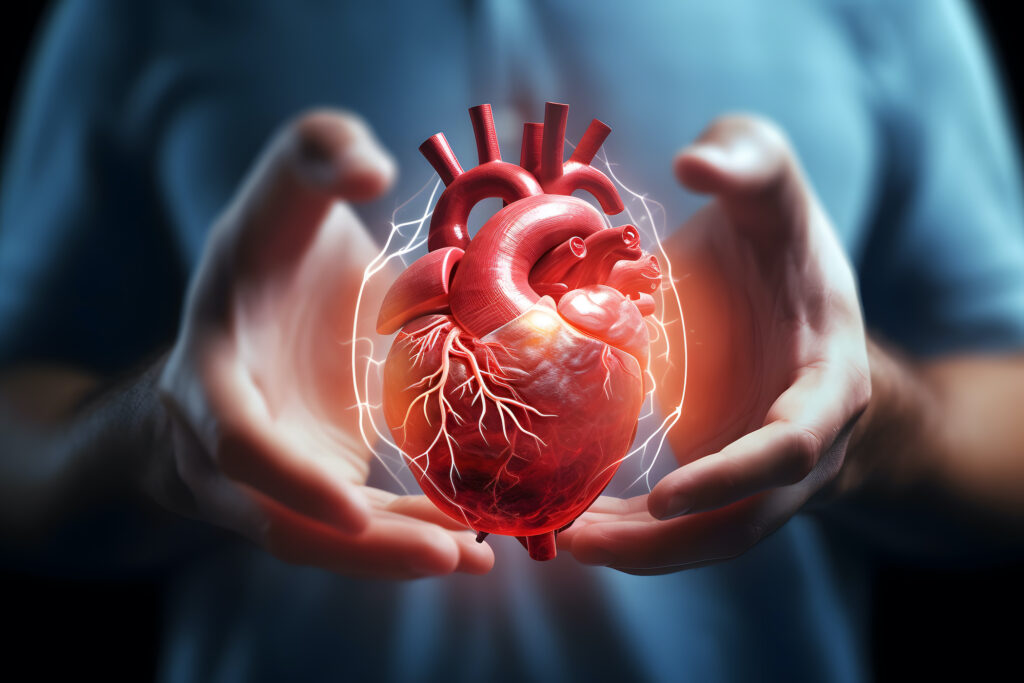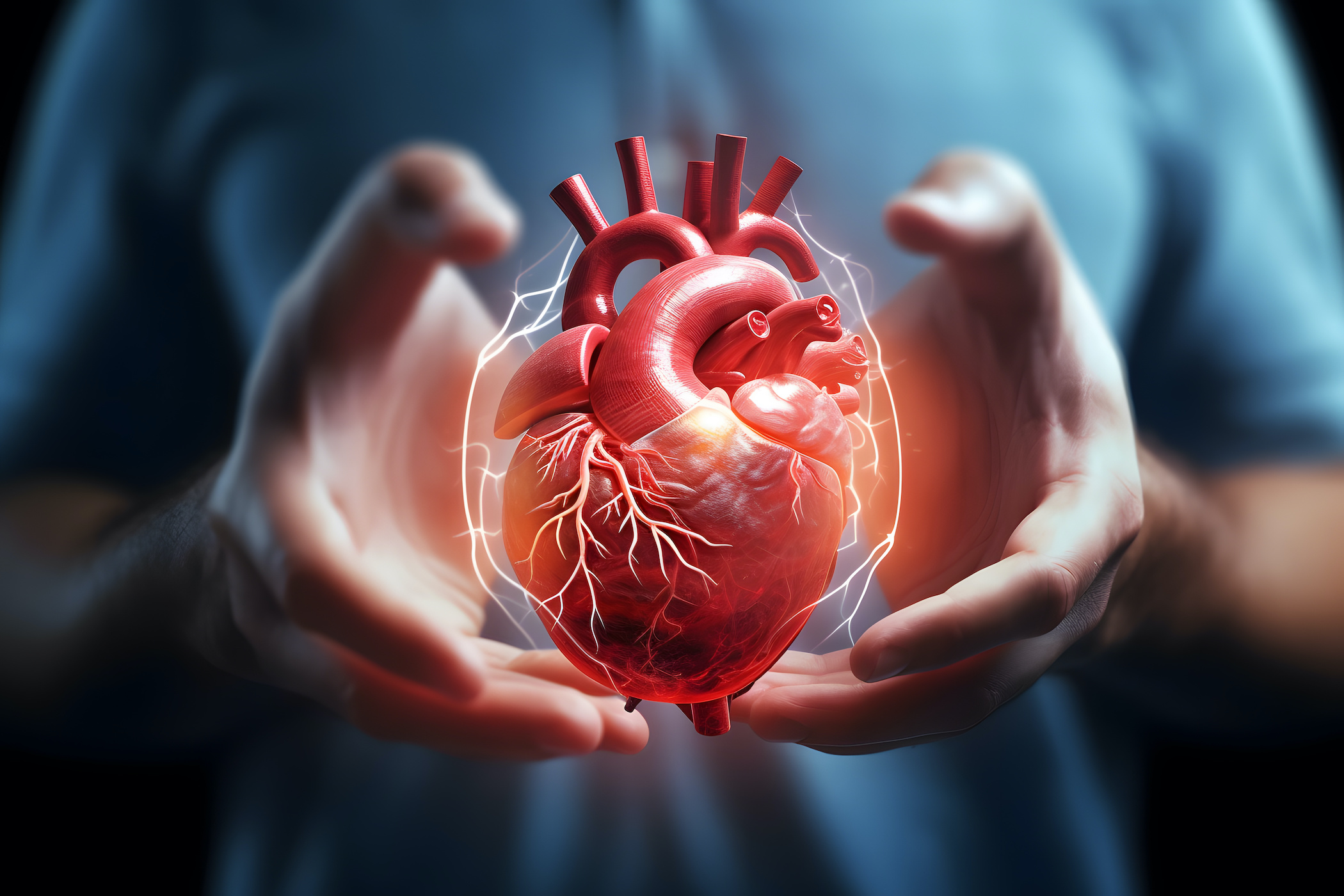
Understanding Heart Health: The Basics of Cardiovascular Disease
Understanding Heart Health: The Basics of Cardiovascular Disease

Heart health is a crucial aspect of overall well-being, yet cardiovascular disease remains the leading cause of death globally. Understanding the basics of cardiovascular diseases (CVDs), their causes, symptoms, and how to prevent them can empower individuals to make informed health decisions. This comprehensive guide serves as an introductory resource to the complexities of heart health.
What is Cardiovascular Disease?
Cardiovascular disease encompasses a range of conditions affecting the heart and blood vessels. It’s often characterized by the accumulation of fatty deposits inside the arteries (atherosclerosis) and an increased risk of blood clots. CVD can lead to more serious conditions, such as heart attack, stroke, or heart failure, significantly impacting quality of life and longevity.
Types of Cardiovascular Diseases
1. Coronary Heart Disease
It occurs when the coronary arteries, which supply blood to the heart muscle, become narrowed by a build-up of plaque. This can significantly reduce blood flow, causing chest pain (angina) or, in severe cases, a heart attack.
2. Stroke and Transient Ischemic Attack (TIA)
A stroke happens when the blood supply to part of the brain is cut off, often due to a blood clot or bleeding. A TIA, also known as a mini-stroke, results from a temporary disruption in blood supply to the brain, with symptoms lasting for a short duration.
3. Peripheral Arterial Disease
This condition is characterized by blocked arteries in the limbs, usually the legs, which can cause pain or discomfort when walking.
4. Aortic Disease
The aorta is the largest blood vessel in the body, and its diseases include aneurysms and dissections, which involve weakening or splitting of the vessel wall, potentially leading to life-threatening bleeding.
Causes and Risk Factors
The primary cause of CVD is atherosclerosis, but several risk factors increase the likelihood of developing these conditions:
- Lifestyle Factors: Unhealthy diet, lack of physical activity, smoking, and excessive alcohol consumption.
- Medical Conditions: High blood pressure, high cholesterol, diabetes, and obesity.
- Age, Gender, and Genetics: The risk increases with age and is higher in men. Family history also plays a significant role.
Symptoms to Watch For
Symptoms of CVD vary depending on the specific condition but may include:
- Chest pain or discomfort
- Shortness of breath
- Pain, numbness, weakness, or coldness in your legs or arms
- Speech problems, drooping facial muscles, and weakness in one side of the body (stroke symptoms)
- Sudden loss of vision or blurred vision
Prevention Strategies
The good news is that CVD is largely preventable through lifestyle modifications:
- Maintain a Heart-Healthy Diet: Incorporate more fruits, vegetables, whole grains, and lean proteins into your diet while reducing saturated fats, sodium, and sugars.
- Exercise Regularly: Aim for at least 150 minutes of moderate aerobic activity or 75 minutes of vigorous activity per week.
- Quit Smoking: Smoking cessation significantly reduces the risk of CVD.
- Limit Alcohol: Drink in moderation to avoid raising blood pressure and damaging the heart muscle.
- Manage Stress: Find healthy ways to manage stress through meditation, exercise, or hobbies.
- Regular Check-ups: Monitor your health metrics like blood pressure, cholesterol, and blood sugar levels regularly.
Conclusion
Understanding the basics of cardiovascular disease is the first step toward taking charge of your heart health. By recognizing the signs and symptoms, knowing the risk factors, and adopting preventive measures, individuals can reduce their risk and lead healthier lives. Remember, it’s never too late to make heart-healthy changes. If you have concerns about your heart health, consult with a healthcare provider to discuss your individual risk and what steps you can take to improve your cardiovascular health.
To schedule and appointment with top our cardiologists at Sam Houston Heart and Vascular visit
www.samhoustonheart.com or call 832-241-2001

